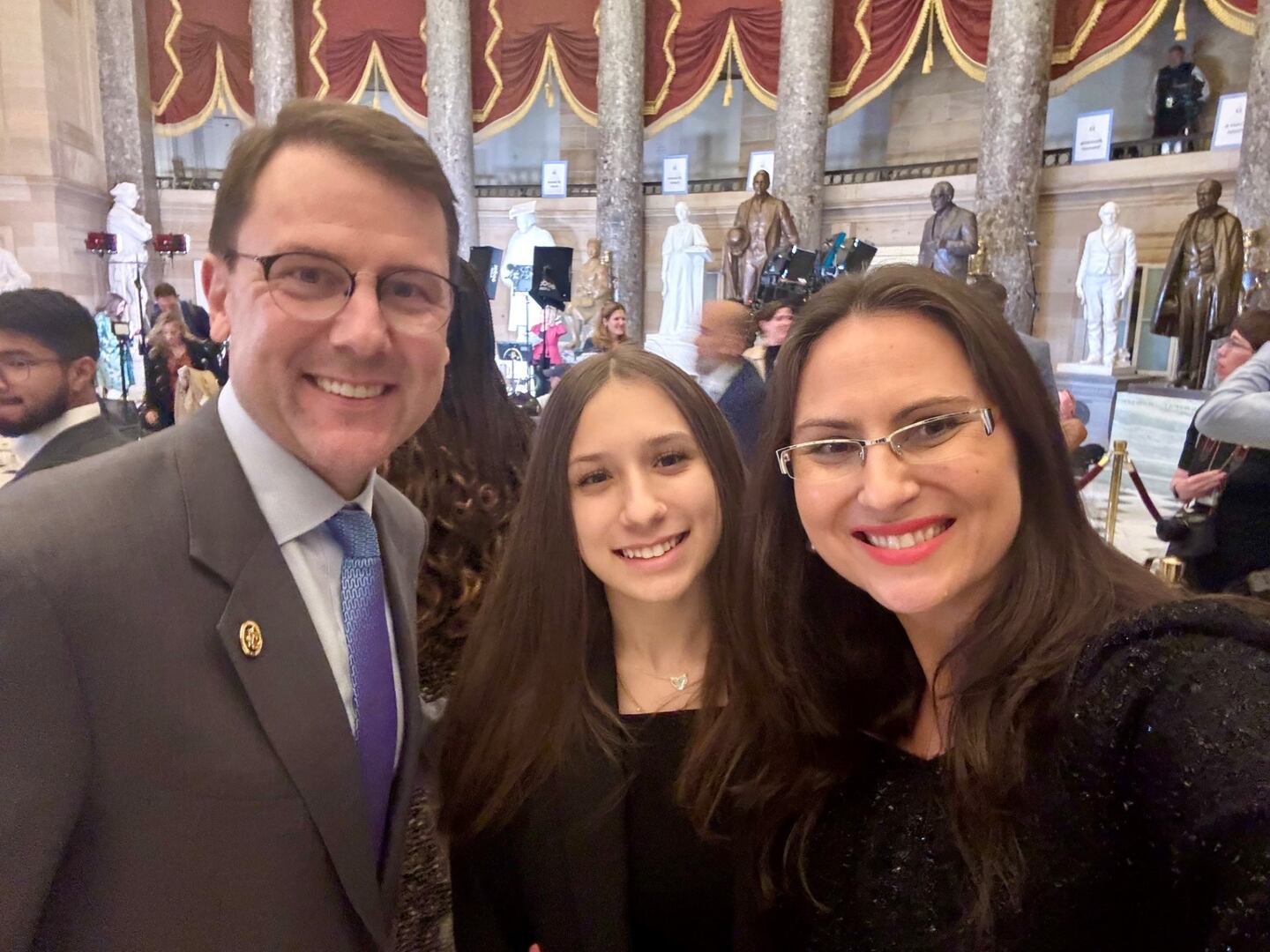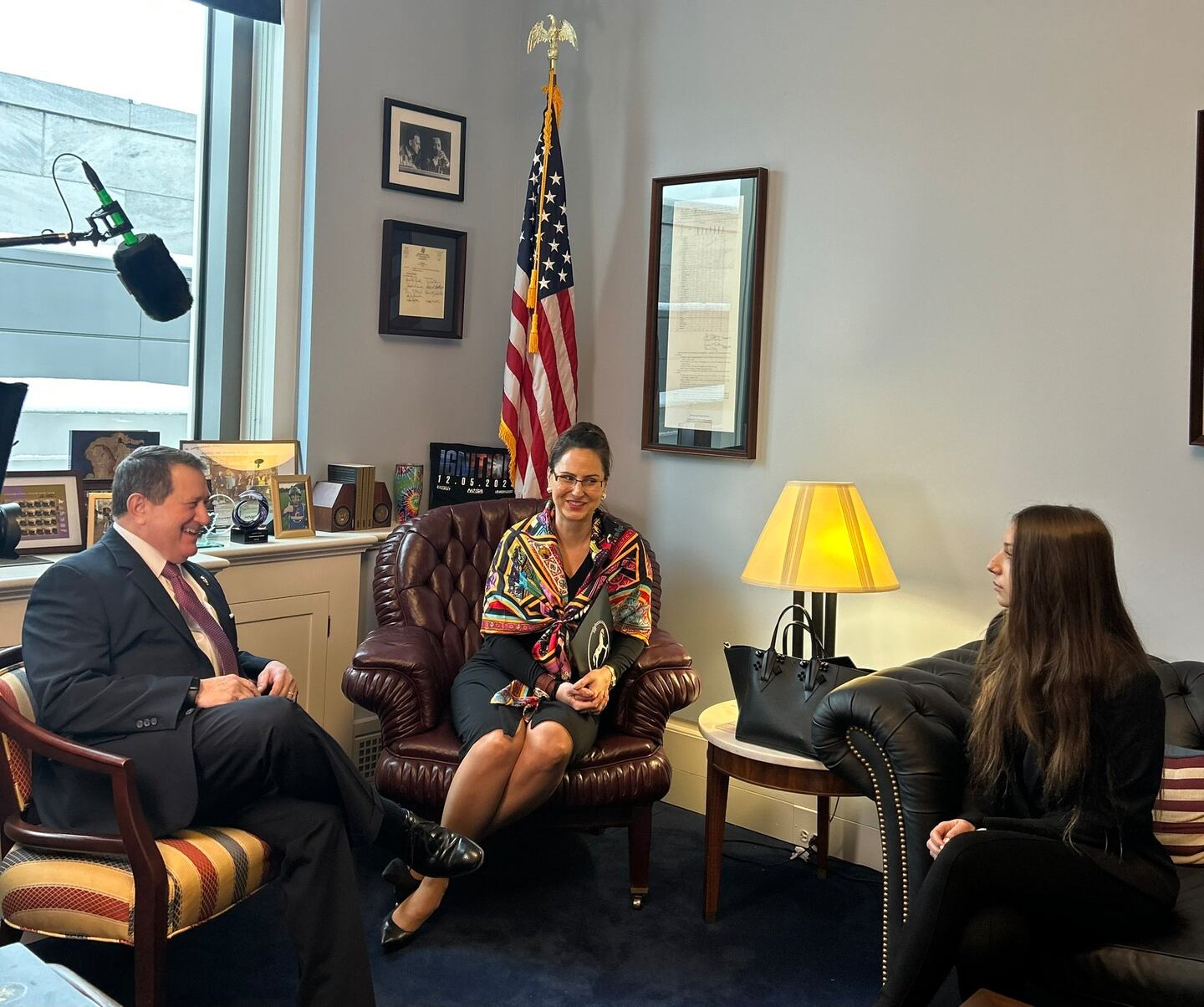From robocalls impersonating President Biden to fake explicit photos of pop icon Taylor Swift, deepfakes generated by artificial intelligence are on the rise.
Now it’s hitting close to home for some families.
“Our girls should not be solo gladiators fighting for their rights - it’s shameful,” said Dorota Mani, mother and advocate.
Dorota Mani said photos of her 14-year-old daughter, Francesca, were manipulated into deepfake nudes that were possibly shared publicly. She told Congress Francesca was one of more than 30 young girls involved in this incident at her high school in New Jersey.
“We took a stand, and my daughter took back her dignity,” said Mani.
Since then, the two have been meeting with federal lawmakers on Capitol Hill and pushing better policies to address AI-related incidents at schools.
“We believe is indictive of a broader issue across all schools given the ease and allure of creating ai generated content,” said Mani.
Leaders from the National Center for Missing and Exploited Children (NCMEC) are also following an increase in this trend. For the first time ever, there were 4,700 tips for AI-generated content last year alone. Officials say more offenders are using this technology to alter seemingly innocent photos.
“Using nudify and unclothe apps to create nude images of children to disseminate online,” said John Shehan, National Center for Missing and Exploited Children (NCMEC).
Lawmakers are still working on bills to regulate artificial intelligence but there is bipartisan support to take action.
“Because women who are victims of such a disturbing thing whether its real, or fake or deepfake, they ought to get justice in this country at the federal and state level,” said Rep. Nancy Mace, R - South Carolina.
“And no laws exist to stop other malicious actors from reposting the material again,” said Rep. Gerry Connolly, D – Virginia.
Some attorneys also told lawmakers that any future laws regulating AI should be specific.
“We need to hit the target directly otherwise we risk creating law that is unconstitutional, and an unconstitutional law will protect no Americans,” said Carl Szabo, NetChoice.
There are already some efforts to try to address the rise in AI content on Capitol Hill.
The Preventing Deepfakes of Intimate Images Act would prohibit the non-consensual disclosure of digitally altered intimate images. It would also make the sharing of these images a criminal offense and creates a pathway for victims to seek relief.
Another proposal, the AI Labeling Act, would require clear labeling and disclosures for videos and photos created by artificial intelligence or interacting with an AI chatbot.
These efforts are sponsored by Congressmen Tom Kean, Jr. and Joe Morelle of New Jersey. During a recent press conference, they were joined by Dorota and Francesca Mani.
©2024 Cox Media Group










